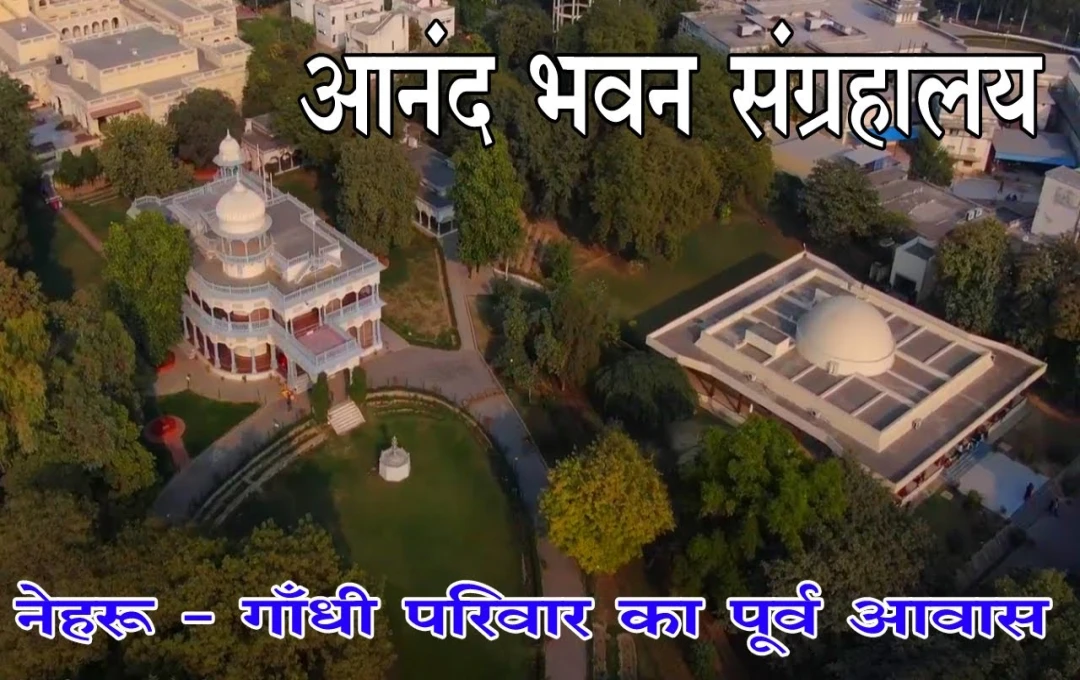Viral infections increase during the monsoon season. Care such as resting at home, consuming adequate water, soup, and juice, eating light meals, and taking paracetamol for fever is helpful. In case of severe symptoms like fever for 3-4 consecutive days, difficulty in breathing, extreme weakness, or vomiting and diarrhea, consult a doctor immediately.
Viral infections: An increase in viral infection cases is being observed during the monsoon season. Common symptoms include fever, cough, sore throat, body ache, and weakness. Resting at home, drinking enough water, consuming lemon water, soup, and juice, eating light meals, and taking paracetamol for fever is beneficial. If the fever persists for 3-4 days, or if there is extreme weakness, difficulty in breathing, vomiting or diarrhea, or skin rashes appear, one should consult a doctor immediately.
Common symptoms of viral infection
The initial symptoms of viral infection include fever, cough, cold, and sore throat. Along with this, headache, body ache, and weakness can also be observed. In some cases, problems like vomiting, diarrhea, and stomach ache are also seen. According to experts, the body's immunity weakens when one has a viral infection. This makes a person tired quickly and susceptible to other illnesses.
Home care methods

According to Dr. Rakesh Bagdi, former resident of AIIMS Delhi and pediatrician, the most important thing when having a viral infection is for the patient to rest. Getting enough sleep and avoiding fatigue is extremely important at this time. Dr. Bagdi states that it is also important to prevent dehydration. One should drink at least seven glasses of water daily. Besides, consuming lemon water, soup, and juice is beneficial.
Heavy meals should be avoided at this time. If the fever is 100°F or higher, taking paracetamol is recommended. For sore throat and nasal congestion, gargling with warm water and inhaling steam can provide relief. For headache or nasal congestion, a gentle massage or applying a cold compress can offer relief.
When to consult a doctor
According to Dr. Jugal Kishore from the Department of Community Medicine at Safdarjung Hospital, one should consult a doctor if the fever persists for 3-4 consecutive days. Additionally, it is important to see a physician if experiencing extreme weakness or lethargy. It is advised to contact a doctor immediately if there is difficulty in breathing or chest pain, problems with vomiting or diarrhea, and if swelling, dizziness, or skin rashes appear on the body.
Prevention and awareness of viral infections
The risk of viral infections increases in people as the season changes. Experts say that staying aware and taking timely care can prevent the infection from becoming severe. The health department is also providing information to people on maintaining cleanliness and personal hygiene.
In most cases of viral infections, people recover at home. Nevertheless, it is crucial to consult a doctor immediately if severe symptoms appear. Experts believe that viral infections can be controlled with timely treatment and proper care.















